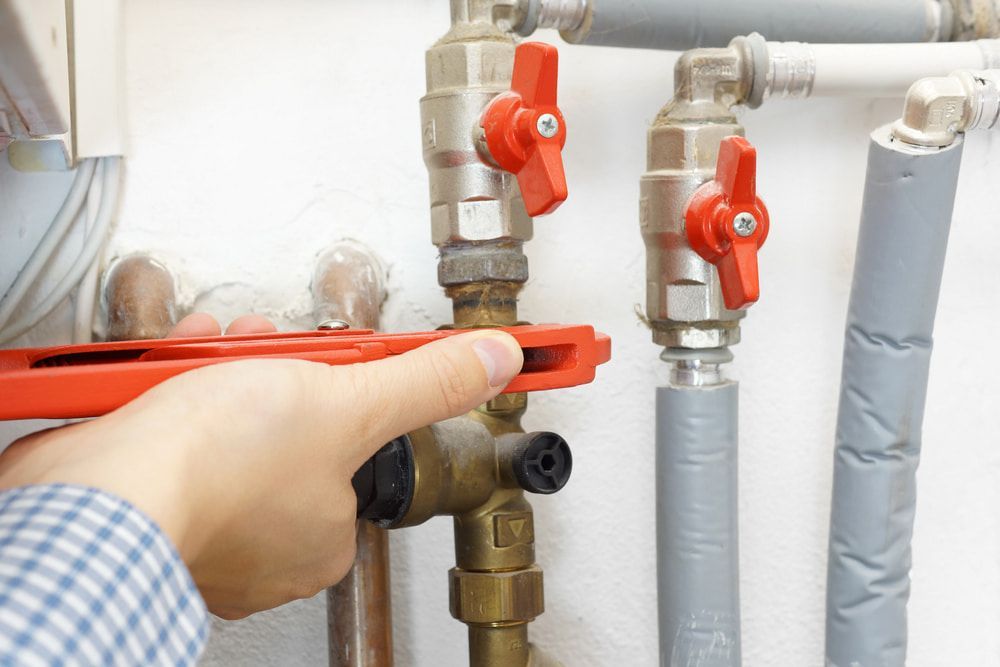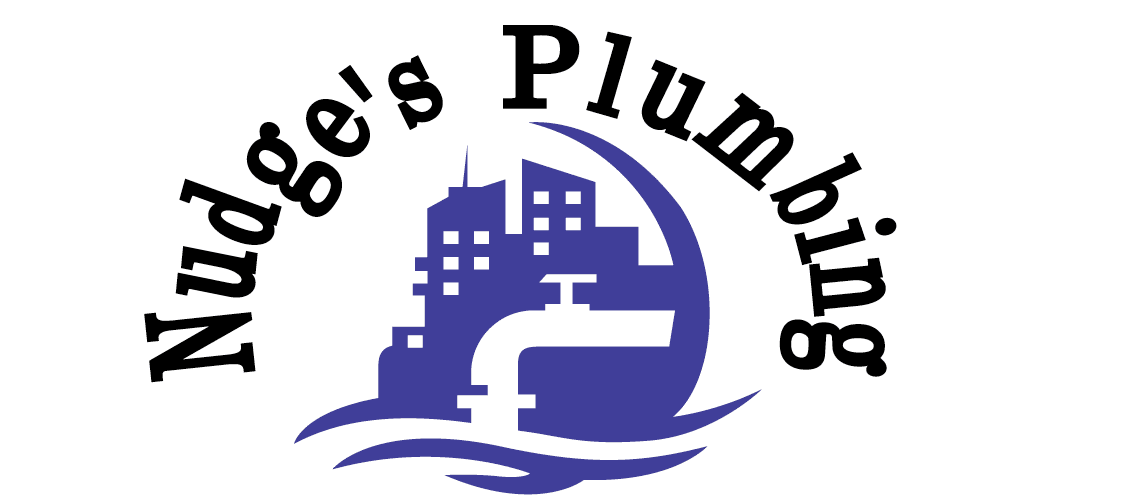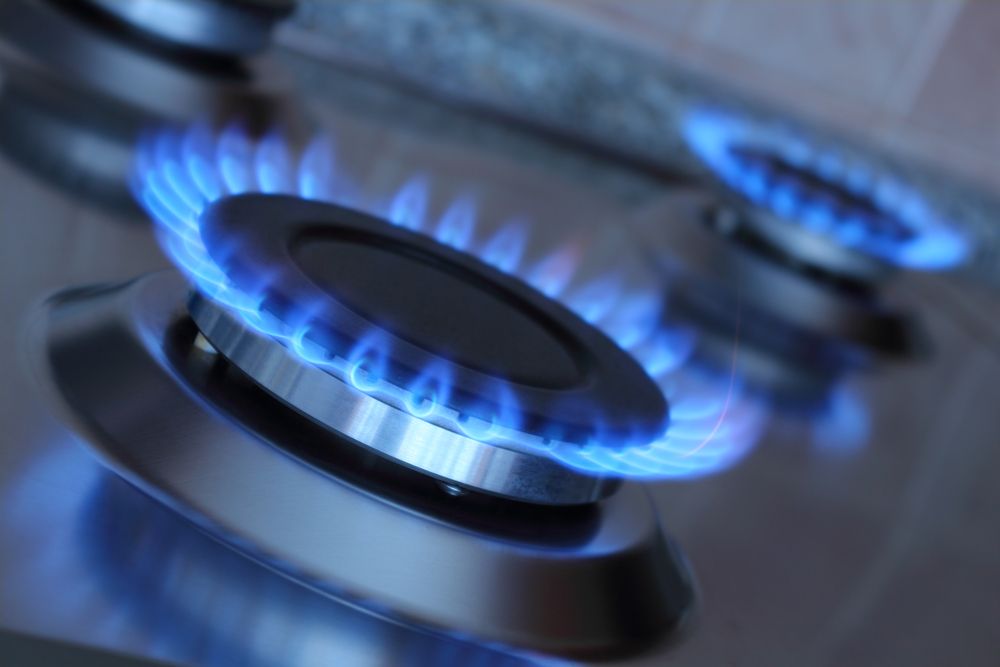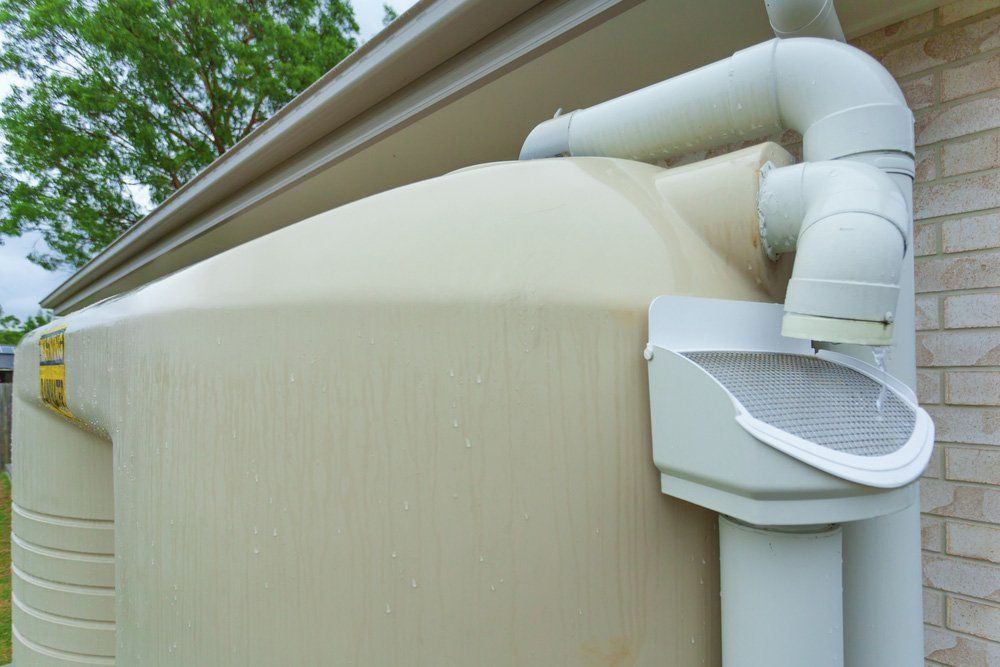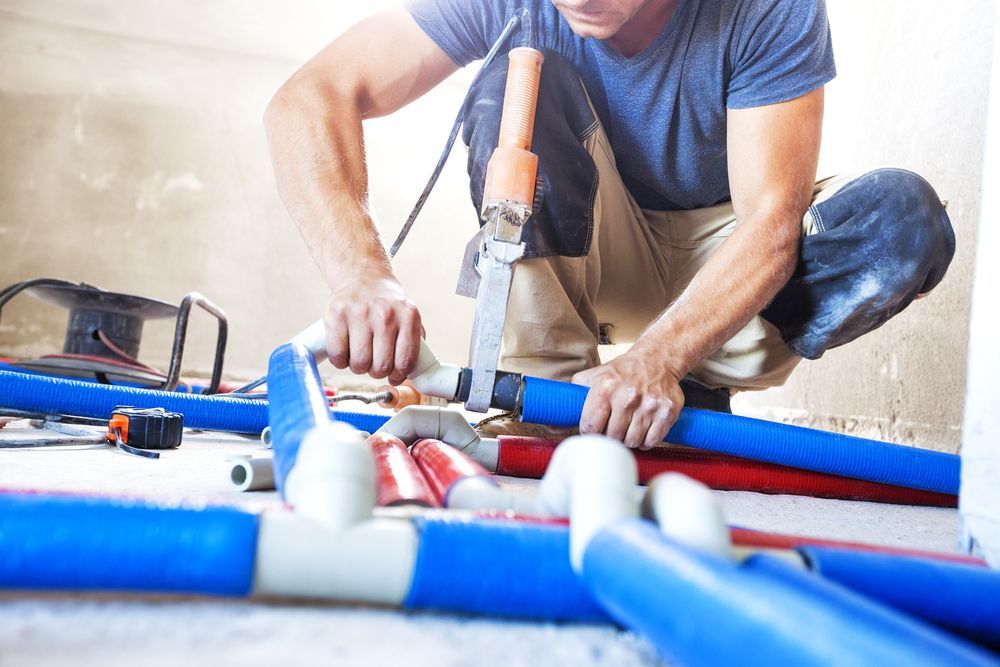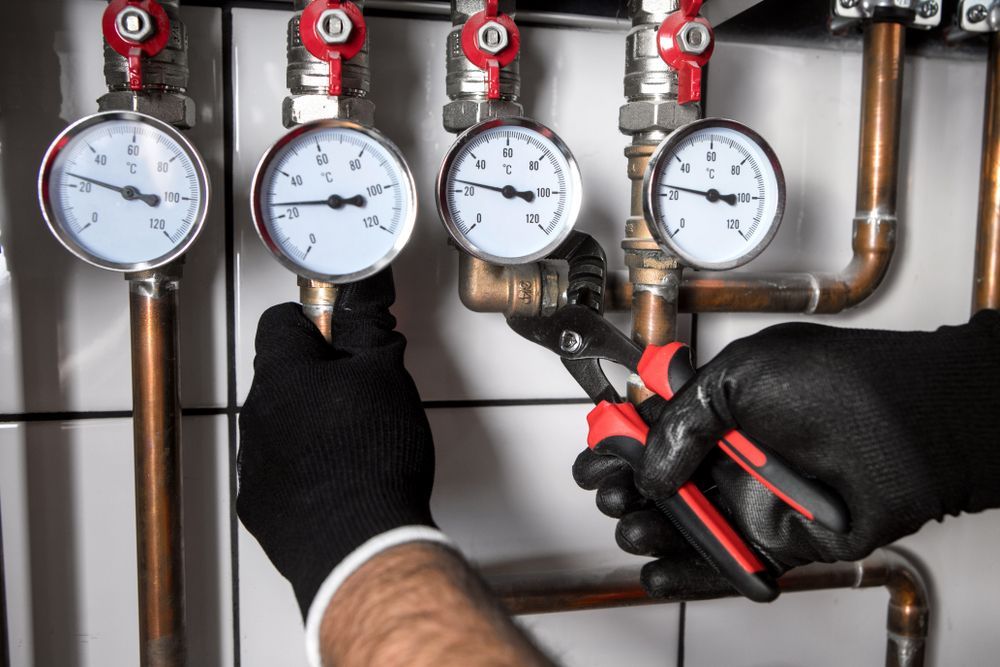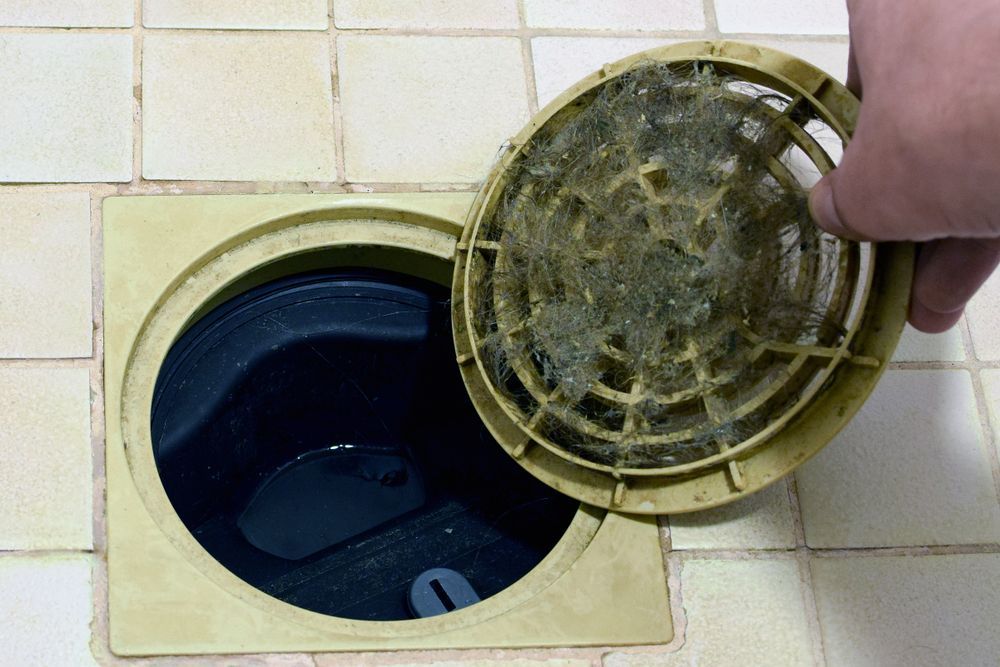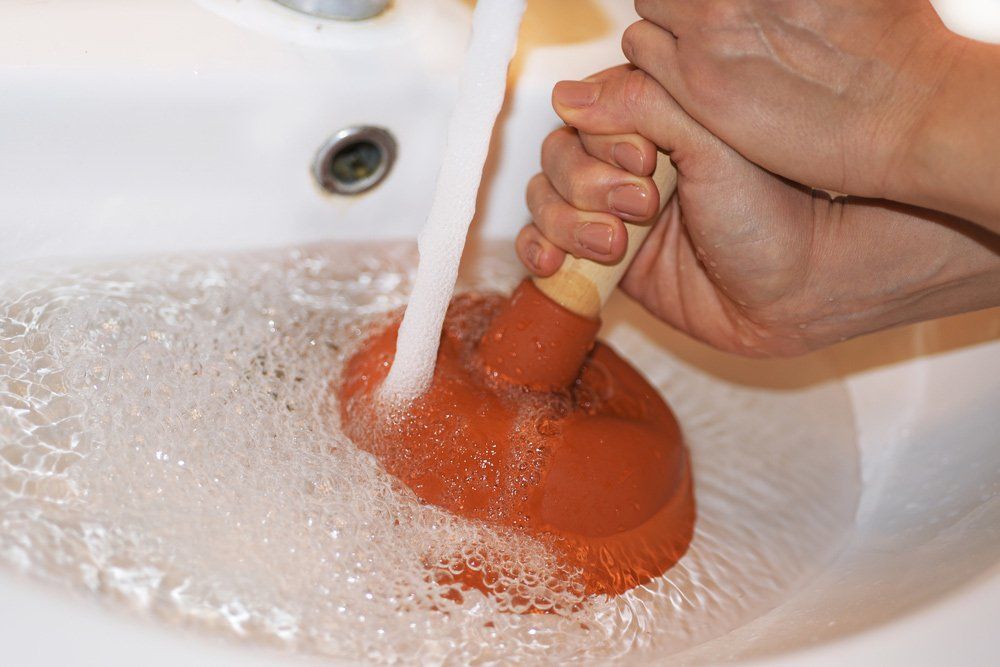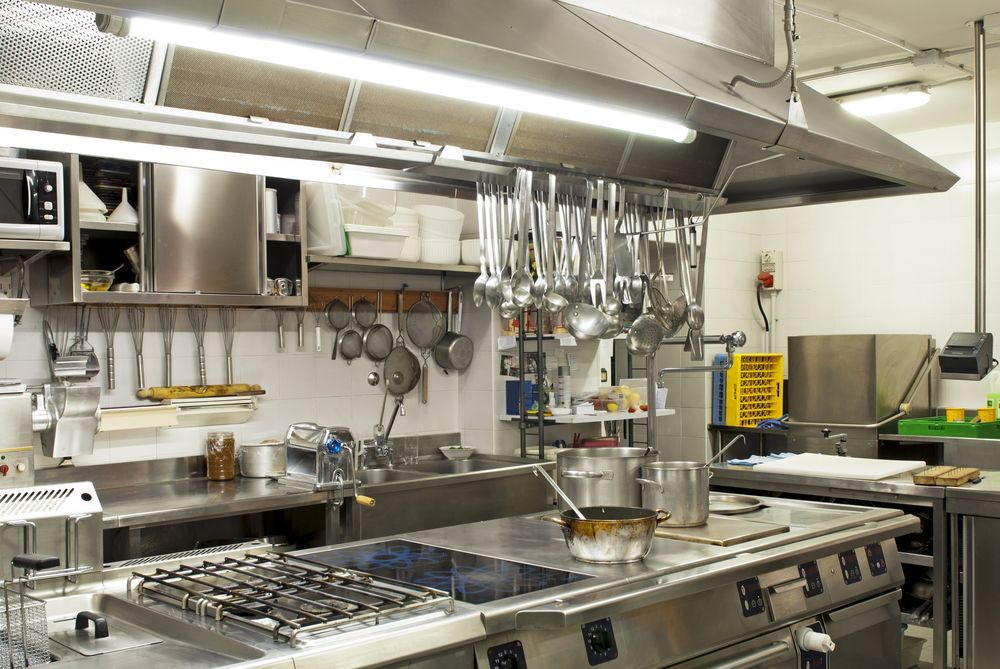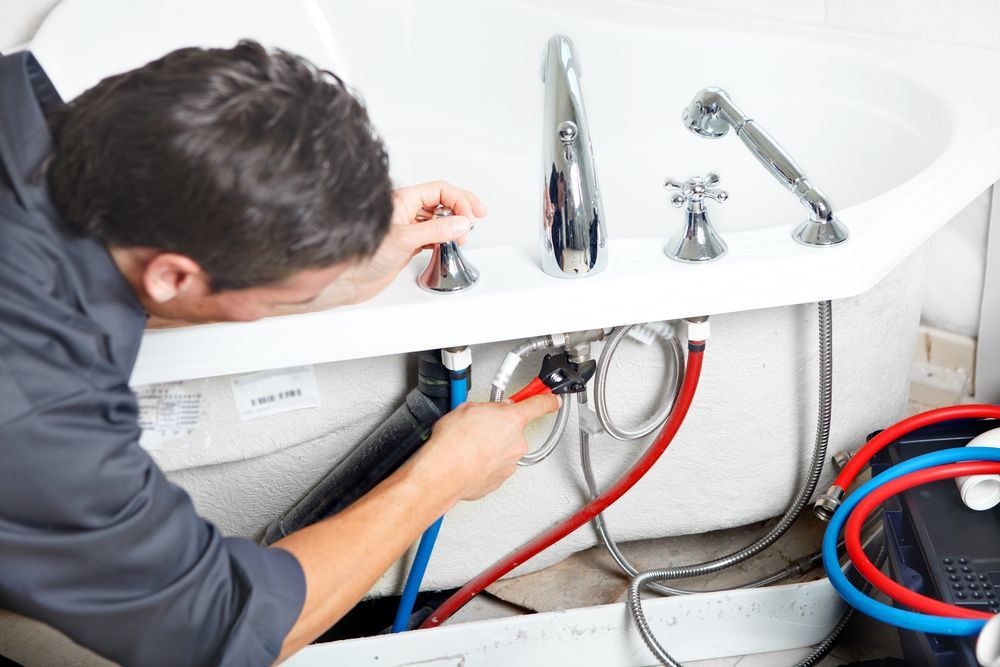Why Regular Drain Cleaning Prevents Emergency Plumbing Situations
A slow sink on a busy morning, a gurgling shower on a Sunday evening, a sudden waft from the floor drain when guests arrive—small warning signs often foreshadow big plumbing trouble. Regular drain cleaning turns those near-misses into non-events by removing build-up before it hardens, traps debris or invites roots. It’s simple preventive maintenance that protects your home, time, and budget. For property managers, it keeps tenants happy and reduces disruptive after-hours callouts. For homeowners, it preserves pipes, safeguards bathrooms and kitchens, and helps fixtures perform as they should. The result is predictable plumbing and fewer unpleasant surprises.
Routine cleaning goes hand in hand with professional inspection. Together they reveal hidden risks, from hairline cracks to root ingress, that ordinary use and DIY fixes rarely catch. In this blog post, you’ll see how a planned program—rather than a panic-driven response—keeps water moving, odours down and emergencies off your calendar.
Blockages Don’t Happen Overnight: The Silent Buildup in Your Pipes
Grease, soap scum, coffee grounds, and wipes don’t instantly seal a pipe. They layer, snag, and compress until everyday flow cannot pass. By the time sinks or showers slow, the blockage is already well established. Routine drain cleaning breaks the cycle early, clearing residue before it becomes a choke point.
- Food fats cool on pipe walls and bond to lint, hair and coffee fines
- Avoid flushing wipes, sanitary products and cotton buds lodged at bends and joins
- Bathroom products create biofilm that traps fine particles and narrows the bore
Avoiding After-Hours Emergencies with Proactive Plumbing
Emergency callouts rarely choose a convenient moment. Preventive cleaning cuts the odds of those late-night or weekend dramas by removing the usual suspects well before they cause an overflow or backup. You get peace of mind, steadier maintenance budgets and fewer urgent disruptions to family routines or tenancies.
- Kitchen sink backups that cascade to the floor and kick off water damage
- Toilet overflows caused by partial sewer line blockages worsen under load
- The shower and laundry drain surges when multiple fixtures run at once
- Gully or overflow relief point discharges that signal a downstream restriction
How Regular Drain Cleaning Improves Water Flow & Pressure
Households often describe “low pressure” when the real culprit is poor drainage. When wastewater can’t exit freely, fixtures gulp, trap air and drain slowly, which feels like weak performance. Clearing internal build-up restores designed flow paths so basins empty promptly and appliances complete cycles without standing water.
- Common symptoms: Slow sink emptying, gurgling after flushes, frequent plunging, wastewater returning to the lowest fixture
- Practical benefits: Faster drainage, fewer airlocks, quieter operation, less wear on traps and seals
Drain Cleaning as a Defence Against Bad Odours
Nasty smells rarely start in the room—they seep up from decomposing organic matter inside pipes and traps. Routine cleaning removes the biofilm and sludge that bacteria feed on, so bathrooms, laundries and kitchens smell clean without masking sprays.
- Food residues fermenting in the kitchen branch line
- Hair, soap and skin oils congealing in the shower wastes
- Dry traps, where evaporation allows gases to rise from further down the system
- Hidden debris caught on rough internal pipe surfaces
Tree Roots, Cracked Pipes & Other Hidden Threats
Plants seek moisture. Even a hairline crack can vent vapour, inviting fine feeder roots that thicken and web inside pipes. Regular cleaning, paired with camera inspection when needed, identifies these threats early so they can be cut back and the pipe assessed before it collapses or blocks completely.
- Root ingress — tell-tale signs include recurring blockages, paper catching, earthy odours
- Cracked or misaligned joints — symptoms include frequent debris snagging, damp soil near lines
- Aged or rough pipe walls — scale and corrosion trap solids and accelerate build-up
- Foreign objects — toys, cleaning cloths or building debris cause sudden, stubborn jams
Save Money in the Long Run: Preventive vs Reactive Plumbing
Waiting until a drain fails turns a small, scheduled task into an urgent, complex fix. Planned cleaning is quick, tidy and predictable. Reactive work often means urgent attendance, mess containment, potential water damage and remediation later.
- Scheduled cleaning protects finishes and cabinetry by avoiding overflows
- Early intervention prevents rising damp, mould growth and odour remediation
- Reduced the likelihood of structural repairs from repeated water exposure
- Fewer disruptions to family routines or rental agreements
How Often Should You Book a Professional Drain Cleaning Service?
Frequency depends on pipe age, household size, usage patterns and the type of waste entering your system. Think of it like vehicle servicing—set intervals reduce breakdown risk and extend service life.
- Typical family home: book yearly cleaning for kitchens, bathrooms and laundry lines
- Larger households or frequent entertainers: consider every 6–9 months for kitchens
- Older properties or mature gardens: yearly cleaning plus periodic camera checks for roots
- Multi-unit or managed properties: a scheduled program aligned to tenant turnover and seasonal loads
- After renovations or tenancy changes: one-off clean to remove construction debris and reset the system.
Why DIY Doesn’t Match Professional Drain Cleaning
Household plungers and store-bought chemicals can shift soft blockages, but don’t remove the underlying film or scale. Harsh chemicals can also damage seals and older pipes. Professional methods clean thoroughly without collateral harm and provide proof of condition for records and planning.
- Precision tools: sectional cables and water jetting clear heavy build-up along the full bore
- Verification: CCTV inspections confirm the line is clean and reveal cracks or intrusions
- Safety: trade methods avoid corrosive residues and protect traps, joints and seals
- Lasting result: smooth, debris-free surfaces are less likely to snag the next stray item
Regular drain cleaning is not an add-on—it’s core maintenance. It keeps wastewater moving, protects finishes and subfloors, and lowers the chances of a frantic weekend call. Most importantly, it turns plumbing from a reactive headache into a managed, low-stress system that serves your household without fuss.
Ready to Keep Emergencies at Bay?
At
Nudges Plumbing, we help households and property managers turn plumbing from unpredictable to reliable with scheduled drain cleaning, inspection and maintenance. If you’re searching for an emergency plumber in Dubbo or comparing plumbers in Dubbo for ongoing maintenance,
get in touch via our contact page to book a service or request a maintenance plan. Local conditions—from tree root pressure to seasonal downpours—can strain drainage, but a proactive schedule keeps things steady. Let’s get your drains cleaned, cameras checked if needed, and a sensible reminder cycle in place so your home runs smoothly year-round.
